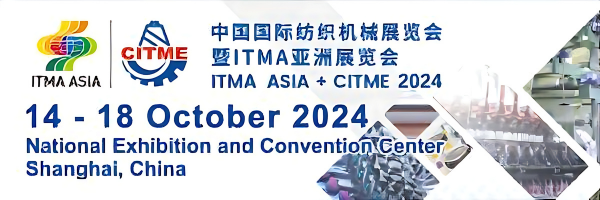Angola — With the creation of the free zones, the Angolan Government will provide facilities to adapt national investors in a differentiated way so that they have the capacity to attract foreign investments, said Thursday the Minister of Economy and Planning, Sergio Santos.
The government official made these statements when speaking in the National Assembly (Angolan Parliament) in the discussion and vote on the proposed law on the legal regime of free zones, which was approved with 191 votes in favor, none against and six abstentions.
According to Sérgio Santos, the free zones are to allow the processing of raw materials so that finished products can be exported.
The main objective, he explained, is to integrate the national raw material with others in the global supply chain so that there can be finished products.
He stressed that the role of the State will be to find the resources and implement public investment projects, namely access roads, electricity and water supply, among others, while the entrepreneurs will be responsible for the construction of industrial parks, which may consist of small and medium enterprises.
The free zones, the Minister said, are a lever for the free initiative of national entrepreneurs to bring their foreign partners with more favourable conditions to do their business.
The creation of Free Zones represents a new paradigm in the socio-economic development process of the Republic of Angola, through the establishment of delimited free trade areas in the national territory, with benefits, special regimes and modern infrastructures. It is expected to quickly transform the country into an ideal place for the birth of large competitive international companies and thus accelerate the growth of the economy.
The law establishing the legal regime for the creation of free trade zones in the Republic of Angola constitutes an important instrument of economic development, capable of defining a modern and attractive legal architecture that favours the industrialization of the country, the absorption of new technologies, the generation of jobs, support for research and scientific research, the flourishing of high technology industries, preferably those focused on exports.
The free zones regime proposed in this law provides for the possibility of establishing regional free zones in certain regions, on the initiative of the State or by private initiative, with specific tax benefits and incentives, special regimes in the exchange, financial, labour and migration fields defined in the law.

















